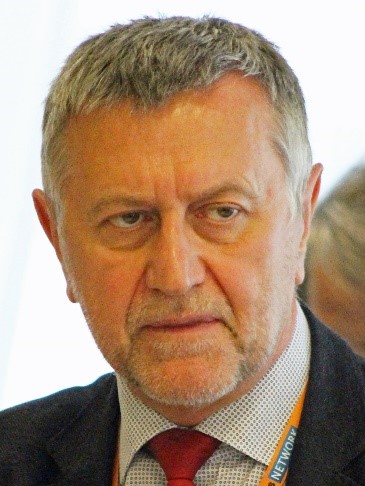Smart Specialisation Strategies in the Eastern Neighbourhood Countries

date: 18/11/2019
Smart specialisation is a key concept in European Regional Policy for promoting innovation and regional development. Smart specialisation strategies are a legal pre-condition for claiming support from the European Regional Development Fund for investment in research and innovation. The concept is rooted in a bottom up approach, which brings together key actors from business and the knowledge triangle with a view to examine areas of competitive strength and to agree on investment priorities. The concept has earned broad recognition from actors dealing with innovation in Member States, in regions and from the academia.
The concept of smart specialisation has also raised a lot of interest in other parts of the world. Smart specialisation has found a key place in the EU’s policy dialogues with strategic partners like China, Japan, and India and with the countries in Latin America.
Smart specialisation strategies are also a key element in the cooperation agenda with the countries of the Eastern Partnership Ukraine, Moldova and Georgia. All three countries are actively working on strategies for smart specialisation. In Ukraine and Moldova, pilots were launched a year ago. In Ukraine, the existing pilots are currently scaled up with a view to cover the whole country in the course of the coming year. The entrepreneurial discovery process was launched in a good number of regions in Moldova. It is planned to finalise this phase end of next year. In Georgia, the work on a pilot for smart specialization was launched and the next steps of the process are defined. Governments of the three countries are committed to ensuring ownership of the process with all relevant actors and the involvement of citizens. Capacity building and training measures were carried out in all three countries.
In all three countries, the EU implements programmes under the Neighbourhood Initiative. Smart specialisation strategies are meant to provide a key contribution to identifying investment priorities and concrete projects in these programmes
Smart specialisation strategies are particularly useful for shaping industrial transition processes and for preparing investment decisions for public support for research, innovation and higher education, for enterprises and for skills development. All three Neighbourhood Countries are facing severe challenges in the context of a transition from centrally planned economies mainly based on heavy industries towards a modern knowledge economy. Smart specialisation strategies are powerful policy tools for to managing this change. Together with the JRC, DG REGIO will continue its cooperation with the three countries on smart specialisation in the future.
